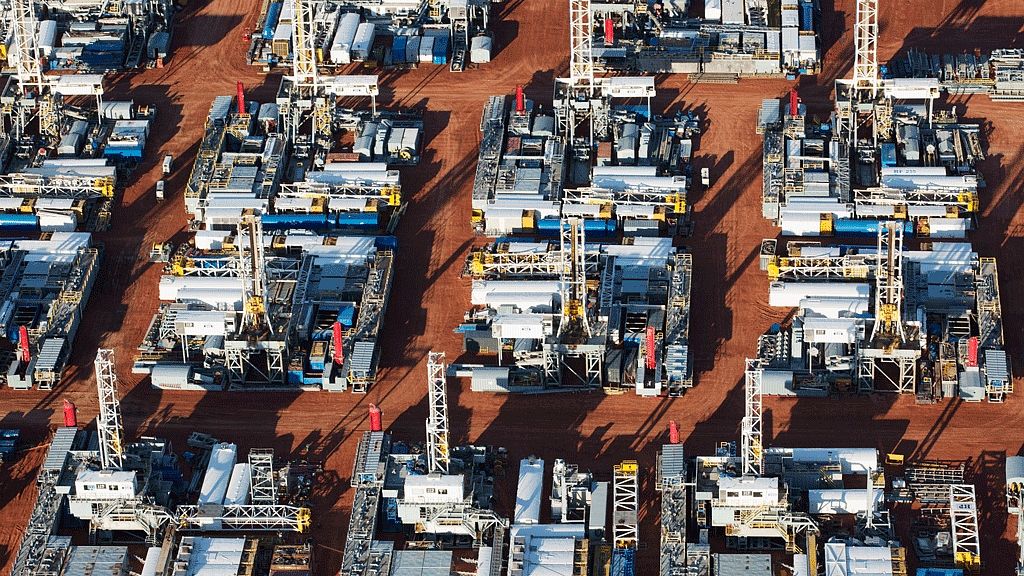Qatar to Pull Out of OPEC Amid Tension With Neighbours
It’s the first time that a Mideast nation has left the OPEC since its founding in 1960.

advertisement
The tiny, energy-rich Arab nation of Qatar announced on Monday, 3 December, it would withdraw from Organisation of the Petroleum Exporting Countries (OPEC), mixing its aspirations to increase production outside of the cartel's constraints with the politics of slighting the Saudi-dominated group amid the kingdom's boycott of Doha.
The surprise announcement from Qatar's minister of state for energy affairs, Saad Sherida al-Kaabi, again throws into question the role of the cartel after needing non-members to push through a production cut in 2016 after prices crashed below USD 30 a barrel.
In a statement, al-Kaabi said Qatar, the world's largest exporter of liquified natural gas, planned to increase its exports from 77 million tons of gas per year to 110 million tons.
He also said Qatar wants to raise its oil production from 4.8 million barrels of oil equivalent a day to 6.5 million barrels.
Qatar, a country of 2.6 million people, discovered the offshore North Field in 1971, the same year it became independent.
It took years for engineers to discover the field's vast reserves, which shot Qatar to No 3 in world rankings, behind Russia and Iran, with whom it shares the North Field. It's also made the country fantastically wealthy, sparking its successful bid for the 2022 FIFA World Cup.
Qatar's wealth also has seen it take on a larger importance in international politics. Resulting political stances have drawn the ire of its neighbours, particularly Saudi Arabia, OPEC's largest exporter.
In June 2017, Bahrain, Egypt, Saudi Arabia and the United Arab Emirates began a boycott of Qatar in a political dispute that continues to this day.